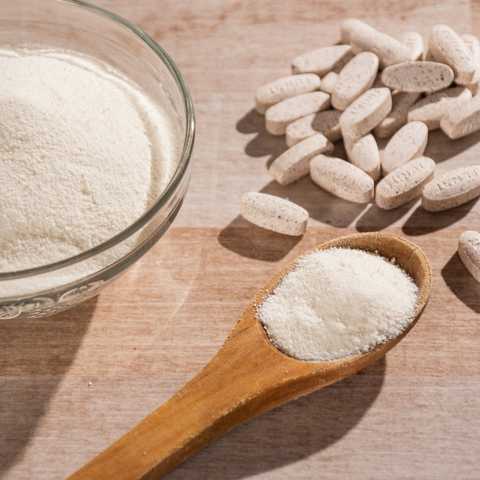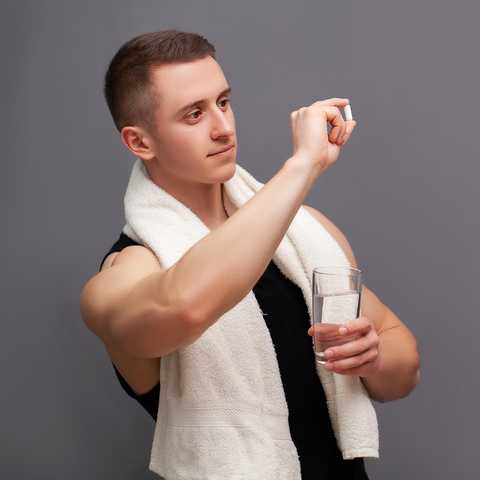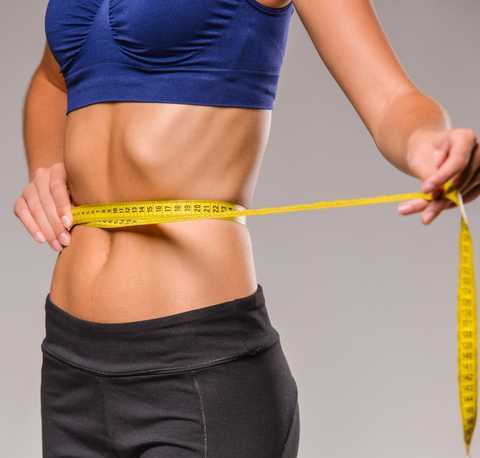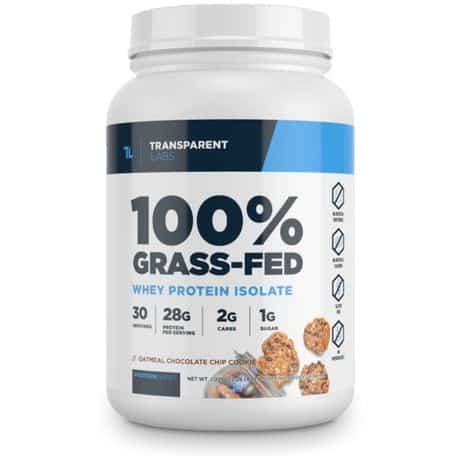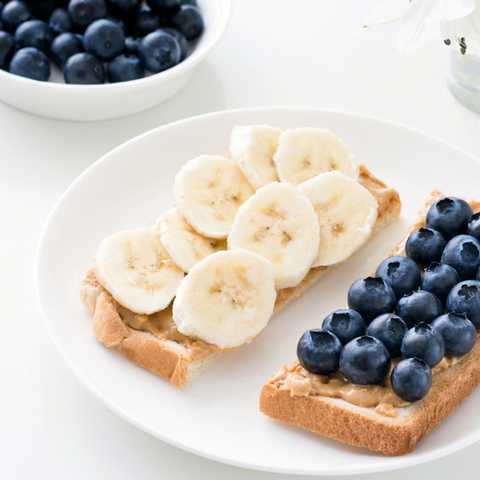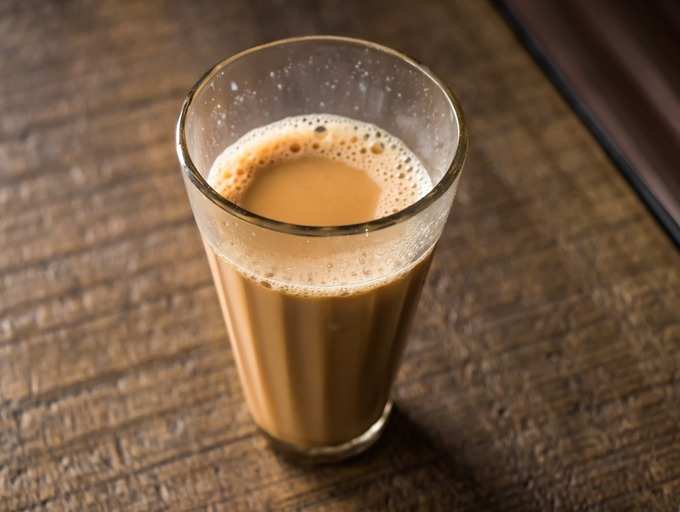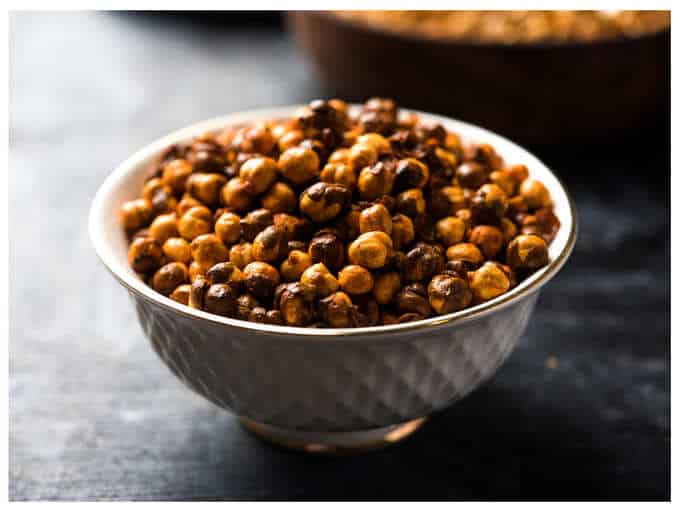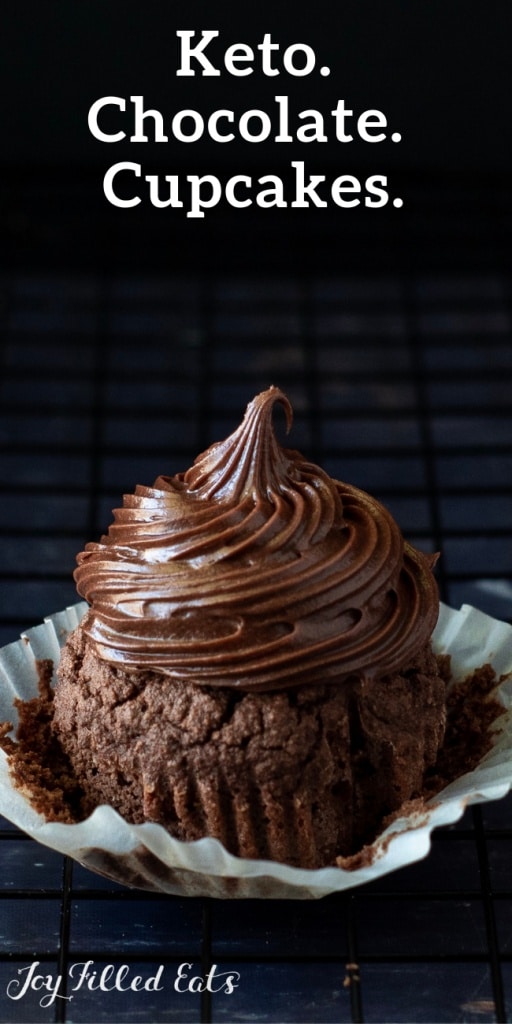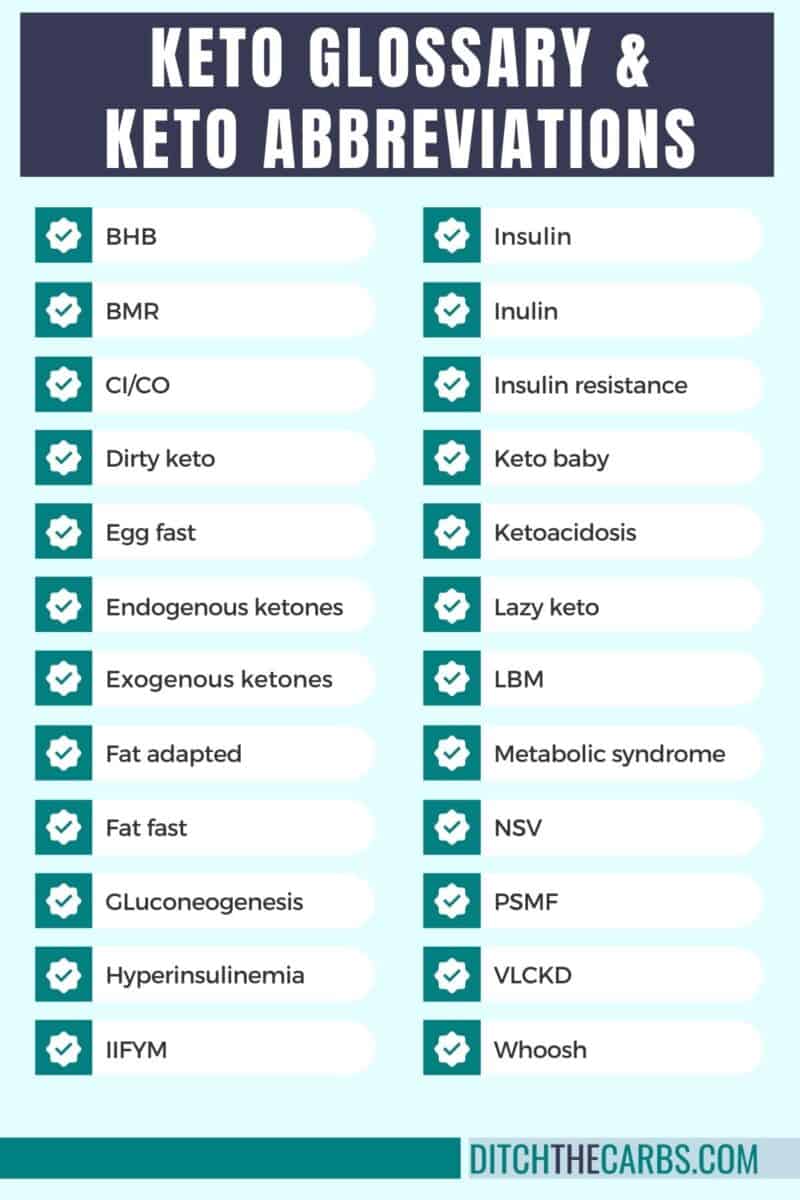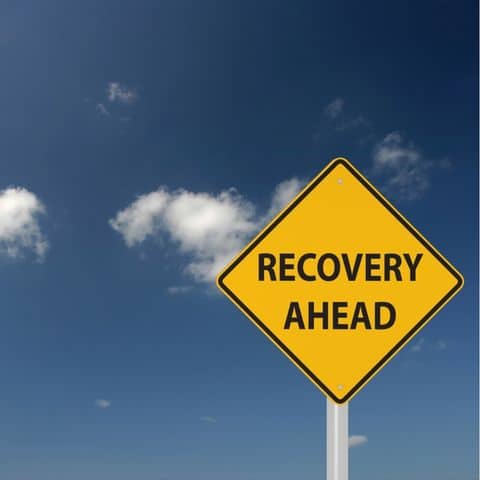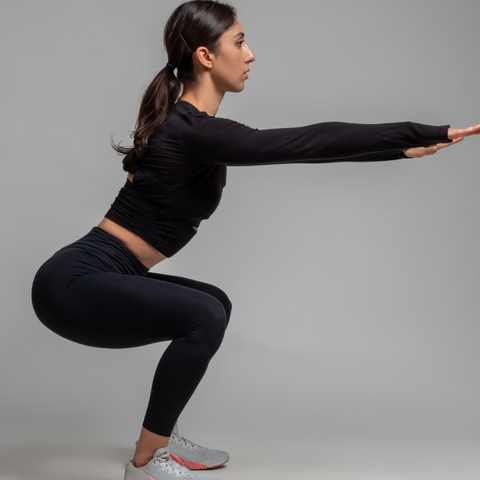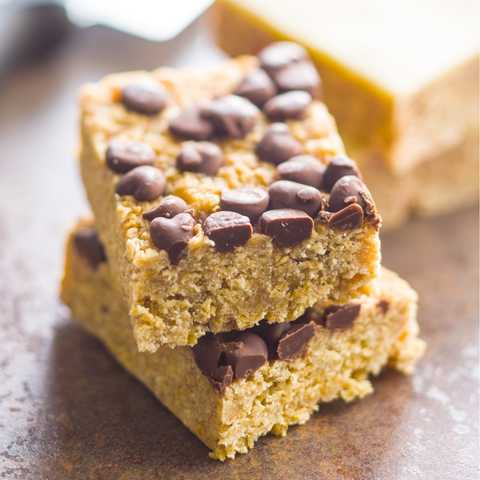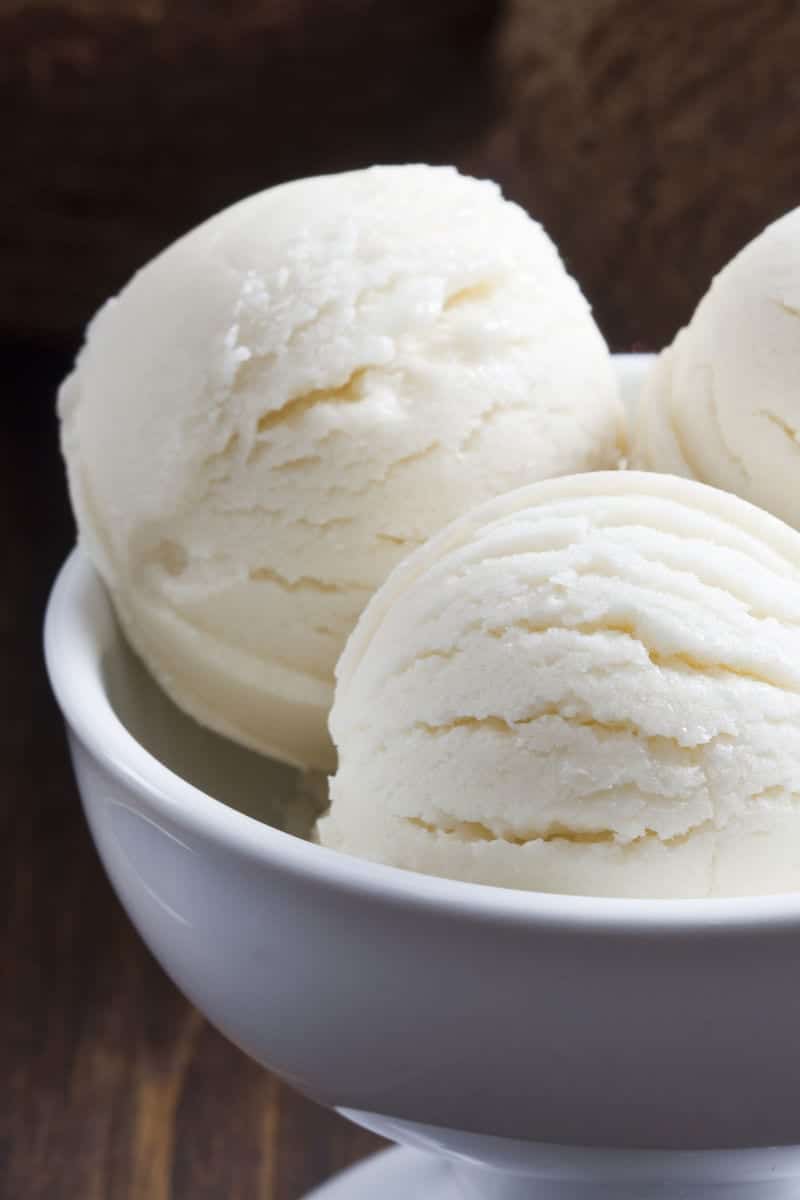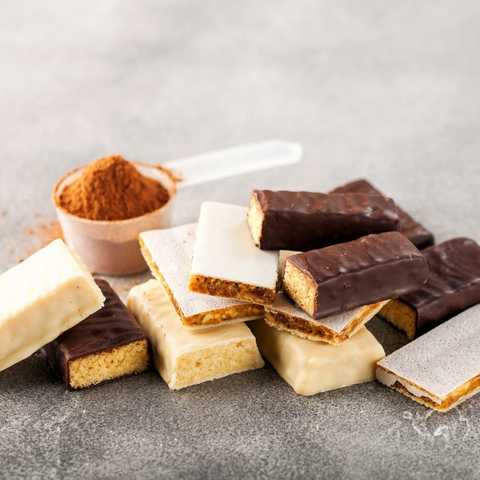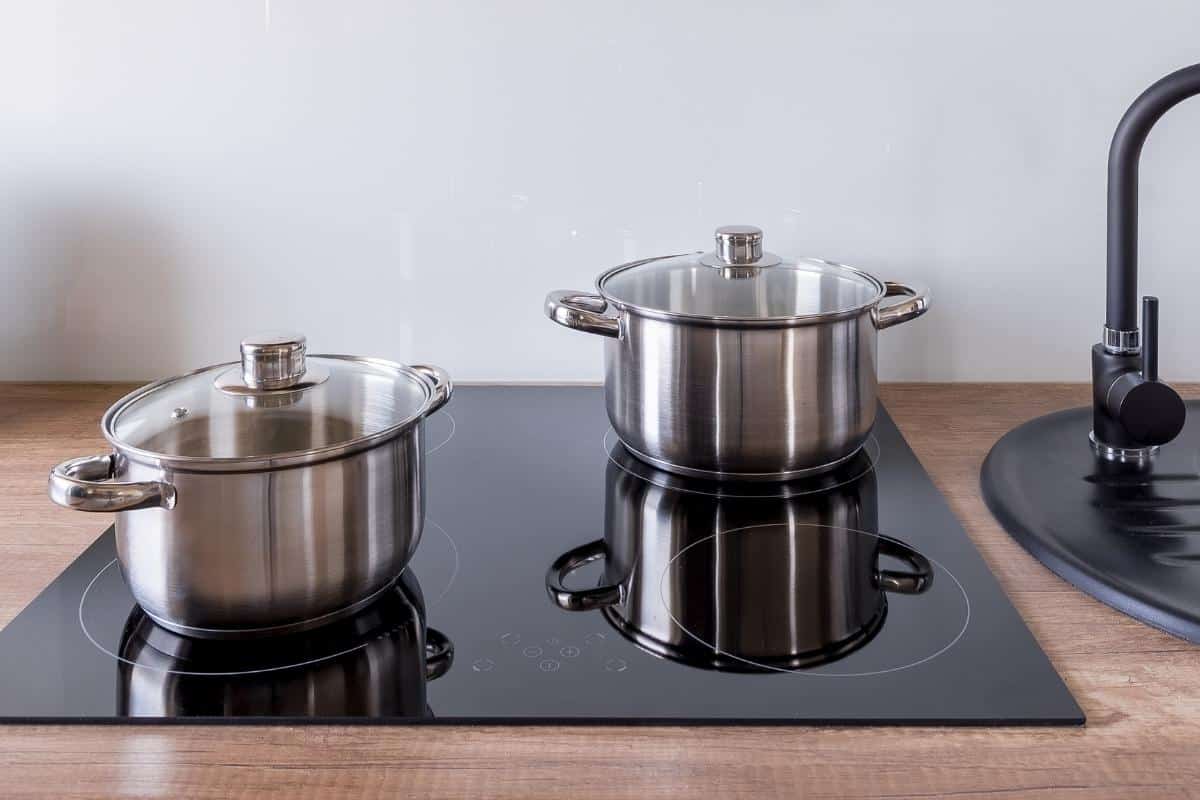Regardless of which side of the sweating debate you’re on, one thing is for certain: If it’s a natural bodily function, we should trust that it’s there for a reason.
So, the short answer to whether sweating is good for you is: Yes, it absolutely is. But if you’re now left wondering how it’s good and what specifically it does, keep reading, as we’re about to get into it all. Interestingly, the health benefits of sweating are extensive and essential for life.
Table of Contents:
- What Is Sweat?
- Is Sweating Good For You?
- Why Do We Sweat?
- Health Benefits of Sweating
- What Sweat Doesn’t Do
- Is There Such A Thing As Excessive Sweating?

What Is Sweat?
Whether we are lifting weights, running, performing a HIIT workout, or simply walking around on a hot summer day, all of the above cause pores throughout our body to open up and release a liquid.
Referred to as sweat, this process is known as perspiration and is our body’s natural way of regulating our body temperature.
What is Sweat Made Up Of?
Sweat is primarily made up of water, with around 99% being good ‘ole H2O. This means that you could technically drink it if you wanted. However, if you’re sweating so much you could pour a glass, you likely have other issues to address.
Ever had some sweat drip into your mouth during a workout and experienced its salty flavor? That’s due to salt, which apart from water, is the most abundant compound in sweat.
The only real purpose of this is to help maintain your sodium balance¹. Less salty sweat means your sodium concentration is average, whereas excessively salty sweat suggests you have too much salt in your diet.
Urea and ammonia are two other waste products found in sweat. The amount of urea in your sweat depends on how much protein you consume, as it’s a waste product from protein digestion. Ammonia can build up inside your body if the liver isn’t able to process all the nitrogen from urea.
There are several other compounds, including multiple protein types, that may be found in sweat depending on various factors, such as diet.
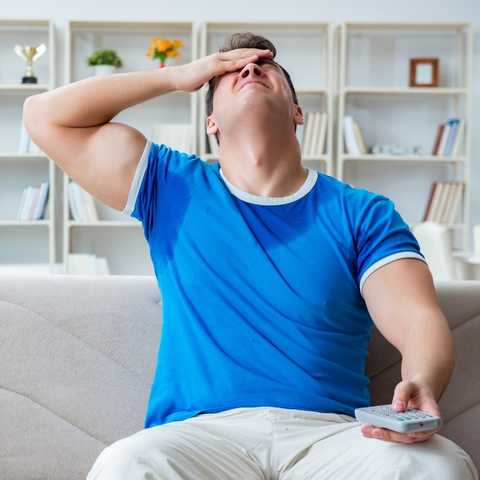
What are Sweat Glands?
Your body has two different types of sweat glands dispersed throughout your body. Eccrine glands, primarily found in the armpits, palms, soles, and forehead, are responsible for producing the watery-salty type of sweat we just spoke of.
Eccrine sweat acts as the primary thermoregulator and is responsible for cooling the body to maintain homeostasis. This means it’s controlled through the parasympathetic nervous system.
The second type of sweat glands is known as the apocrine glands and is sometimes referred to as the stress glands. The apocrine sweat glands do not respond to internal body temperatures and are only activated due to vigorous activity, like your tough workout split. As a result, they’re only controlled through the sympathetic nervous system.
Apocrine sweat glands are located in various locations, including the armpits, nipples, ear canal, eyelids, nostrils, groin, and genitals.
Further, apocrine sweat is more responsible for the unfavorable effects of sweat, such as body odor and yellow pit stains.

Is Sweating Good For You?
Yes, sweating is good for you. This goes back to our earlier statement that if it’s a natural process occurring within your body, you can rest easy knowing it’s serving a purpose and is there for good reason.
So, why is sweating beneficial? Let’s talk about it!
Why Do We Sweat?
Before we dig further into the numerous health benefits of sweating, it’s important to first understand why we sweat and why sweating is good for us.
There are two primary reasons we sweat.
1. Sweating Regulates Your Body Temperature.
The number one reason we sweat is to regulate our body temperature. When we’re hot, it’s in our nature to seek ways to cool off. Ever had the urge to jump into a cool pool on a hot day?
As mentioned, human sweat is primarily just water. This means that a good sweat acts like a misting machine whenever you’re hot. When your body notices your body temperature increase, you’ll start sweating as your body tries to keep you cool. This is a great sweating benefit.
The increase in temperature can come from either external sources, such as the weather, or internally through things such as strenuous exercise. Pay attention the next time you’re in the middle of a tough leg workout. We bet you’ll be dripping!
Then, post-workout, as your sweat evaporates, it further cools your body.

2. Sweating is a Response to Stress.
The other reason some people sweat is due to stress-related events. Perhaps the most common example is getting sweaty hands when you’re around someone to whom you’re attracted.
When our bodies are stressed, we enter what’s known as our “fight-or-flight” response. This is a state of being when the body is more alert and is prepared to react, if necessary.
When in this state of response, several physiological responses take place, including a faster heartbeat, secretion of hormones, and rapid breathing.
As a result of these shifts, your body temperature will also rise, initiating sweating. While sweating helps cool us down during exercise, having excess sweat drip down your face while giving a work presentation isn’t ideal. But just know it’s your body’s way of protecting you.
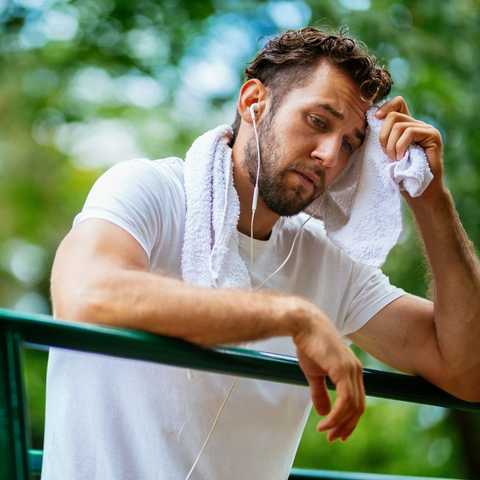
The Health Benefits Of Sweating
The most important function of sweating is regulating your body temperature, but its benefits extend beyond just cooling you off.
Here are 4 bonus benefits to sweating.
1. Releases Certain Toxins And Heavy Metals:
Over the years, various forms of “detoxes” have been used to produce a heavy sweat session. Techniques like hot yoga and saunas and steam rooms have been promoted as ways to release toxins and help with heavy metal elimination when sweating.
We want to be clear that the evidence supporting the idea that excess sweat rids the body of toxins and increases your immune system is iffy. Remember that we already stated 99% of your sweat is water, with salt making up the majority of the other 1%. When you start doing the math, you see that there’s very little room for toxins to even be included.
However, there are a few studies that support the idea that the body releases toxins²⁻³. When examining the literature, most of these studies compare sweat to other bodily fluids, such as blood and urine. Findings state that sweat has the highest concentration of toxin secretion when compared to other bodily fluids. What this means, in the long run, depends on who you ask, as some say it does play a significant role while others say it doesn’t.
We aren’t toxicologists, so we can’t say for sure. However, we would say you don’t need to spend a ton of extra money and time participating in any specific sweat session “to eliminate toxins.” Sweating might help rid your body of toxins, which is incredible, but if you’re spending the right amount of time exercising every day, you’re likely sweating enough to already see those benefits.
2. Eliminates Bacteria:
While more studies need to be done, healthy sweating seems to have a legitimate role in acting as a microbial adhesion to the skin⁴. Basically, sweat seems to fight off, or at least control, skin bacteria. This means fewer skin infections and healthier skin overall.
This can likely be attributed to the variety of glycoproteins present in sweat, as many of them have been identified in other studies as having the ability to cleanse your body of bacteria.
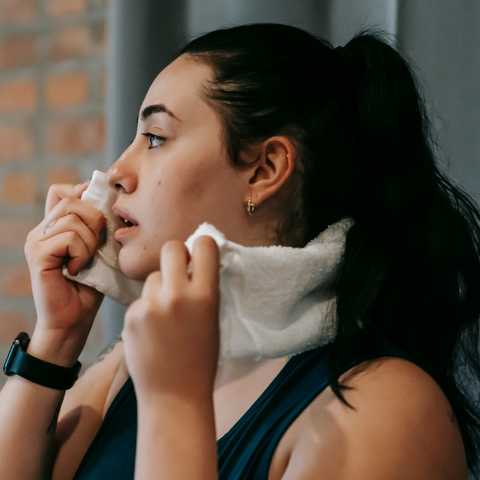
3. Keeps Skin Healthy:
More health benefits of sweating for your skin!
As the skin is water, it’s actually been proven to be a highly efficient natural moisturizer. A study from 2015 found that sweating plays a significant role in the prevention of inflammatory diseases associated with dry skin5.
Many people falsely believe that sweat can clog pores. This belief probably comes from the fact that oftentimes when people sweat, their hands are dirty, and they then rub their faces or skin.
Assuming you’re not pushing dirt into your open pores with your dirty hands, sweating can actually help clear your pores. Now when you’re improving your cardiovascular fitness through LISS cardio, you can enjoy it even more knowing you’re also helping your skin.
4. Improves Performance:
As sweating regulates our body temperature, it is vital for performing sports and exercise at a high level. If we did not sweat, our bodies would overheat exponentially faster, leading to severe health issues and potential death.
While sweating can be a nuisance when performing standard everyday stuff, it is welcomed in the sporting world. If we didn’t sweat, we’d be unable to perform any activity more intense than walking. The fact that the body cools naturally, thanks to sweating, is actually a remarkable adaptation.
Athletes and well-trained individuals will actually start sweating sooner than the untrained population. This is because their bodies have adapted to intense exercise and have learned when to preemptively start cooling them off.

What Sweat Doesn’t Do
As with all things in the fitness industry, there are some pretty interesting claims regarding sweating and its benefits. While it’s clear that sweating is essential and highly beneficial, there are a few things it doesn’t do.
We are going to touch on them, as some of these beliefs can actually be dangerous.
1. Sweating DOES NOT Help You Lose Weight Or Get Fit.
Claiming that sweating helps with weight loss is dangerous and manipulative. Sweating occurs from losing water weight, which means you become dehydrated. That’s it.
In order to keep that “weight loss,” you must remain dehydrated, which is obviously extremely dangerous, putting you at risk for everything from kidney stones to heat stroke and even death.
Some try to back up this statement by saying that your body uses energy to cool you off. While this is likely true, as every process requires energy, we’re talking about a minimal amount of calories.
In addition, while sweating is associated with physical activity, and physical activity helps with weight loss, that doesn’t mean sweating is the mechanism for weight loss.
If weight loss is your goal, you are much better off finding a workout routine and diet plan, like the 80 20 rule diet or macros counting, than relying on sweating to get you there.
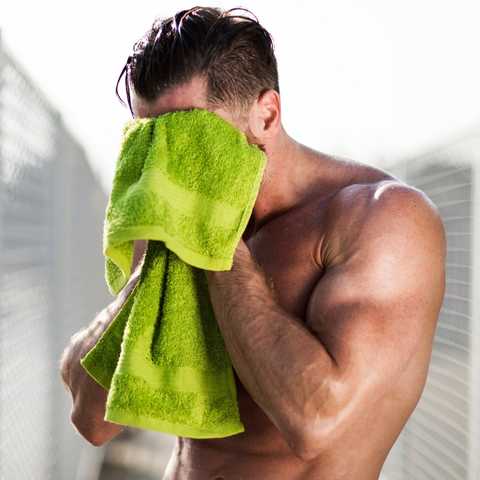
2. Sweating DOES NOT Help You Recover Faster.
If you ever find yourself on a site or listening to someone who claims sweating increases blood flow and circulation and can help clear lactic acid, in turn reducing soreness, you should be very, very weary.
It’s important to understand that sweating doesn’t cause increased circulation. While there’s a correlation, that doesn’t mean causation. Even if for some reason this was true, which it’s not, lactic acid’s role in muscle recovery and DOMS is questionable at best⁶.
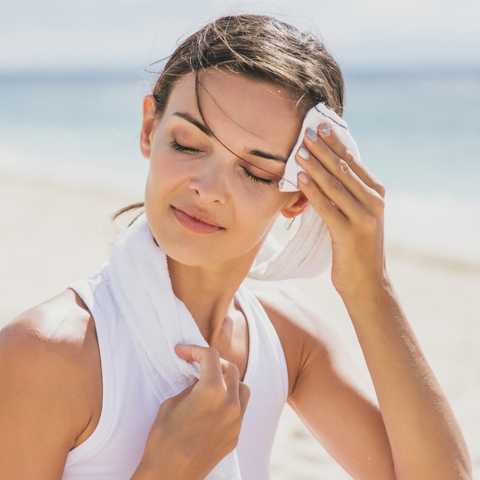
How Much Should You Sweat?
There is no “ideal” amount of sweating to target. But there are various health conditions that can cause both excessive sweat and too little sweat.
Excessive and prolonged sweating is caused by a condition known as hyperhidrosis disorder. While you can get tested for this ailment, an easier way to determine if it’s worth addressing is to determine whether it’s causing problems for you. If it is, you may want to see a doctor as there are different strategies for helping with this.
On the other hand, you can also sweat too little. This can be caused by a health condition known as hypohidrosis disorder or dehydration. If you notice that you’re regularly not sweating in situations where you should be, we suggest bringing it up with your doctor.
Both of these can be dangerous as your body cannot properly cool itself. If you are concerned, please get some professional advice.
Sweating is Essential For Your Health & Well Being
While you might want to avoid sweating in hopes of eliminating the risk of pit stains and foul body odors, that would be a mistake. Sweating provides a host of health benefits, ranging from keeping you alive to ensuring your skin is cleaner.
Remember, you don’t need to seek additional sweating or provoke it unnecessarily. As long as you’re getting regular exercise, you’ll be sweating enough to reap its benefits.
Looking for some intense workouts that will have you dripping with sweat? Check out these HIIT Treadmill Workouts and our fat-torching Assault Bike Workouts!
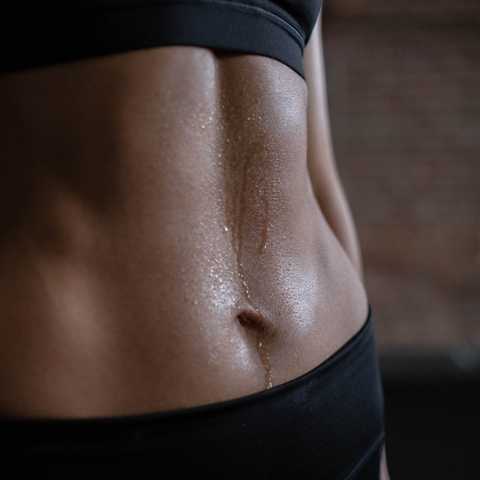
- Braconnier, P.1; Loncle, N.1; Lourenco, J. Dos Santos1; Guérin, H.2; Burnier, M.1; Pruijm, M.1. SODIUM CONCENTRATION OF SWEAT CORRELATES WITH DIETARY SODIUM INTAKE. Journal of Hypertension: June 2018 – Volume 36 – Issue – p e170 doi:10.1097/01.hjh.0000539466.81926.69
- Genuis SJ, Beesoon S, Birkholz D. Biomonitoring and Elimination of Perfluorinated Compounds and Polychlorinated Biphenyls through Perspiration: Blood, Urine, and Sweat Study. ISRN Toxicology. 2013;2013:1-7. doi:10.1155/2013/483832
- Genuis, S.J., Birkholz, D., Rodushkin, I. et al. Blood, Urine, and Sweat (BUS) Study: Monitoring and Elimination of Bioaccumulated Toxic Elements. Arch Environ Contam Toxicol 61, 344–357 (2011). https://doi.org/10.1007/s00244-010-9611-5
- Robyn A Peterson, Audrey Gueniche, Ségolène Adam de Beaumais, Lionel Breton, Maria Dalko-Csiba, Nicolle H Packer, Sweating the small stuff: Glycoproteins in human sweat and their unexplored potential for microbial adhesion, Glycobiology, Volume 26, Issue 3, March 2016, Pages 218–229, https://doi.org/10.1093/glycob/cwv102
- Shiohara T, Mizukawa Y, Shimoda-Komatsu Y, Aoyama Y. Sweat is a most efficient natural moisturizer providing protective immunity at points of allergen entry. Allergology International. 2018;67(4):442-447. doi:10.1016/j.alit.2018.07.010
- Nelson N. Delayed onset muscle soreness: Is massage effective? Journal of Bodywork and Movement Therapies. 2013;17(4):475-482. doi:10.1016/j.jbmt.2013.03.002


